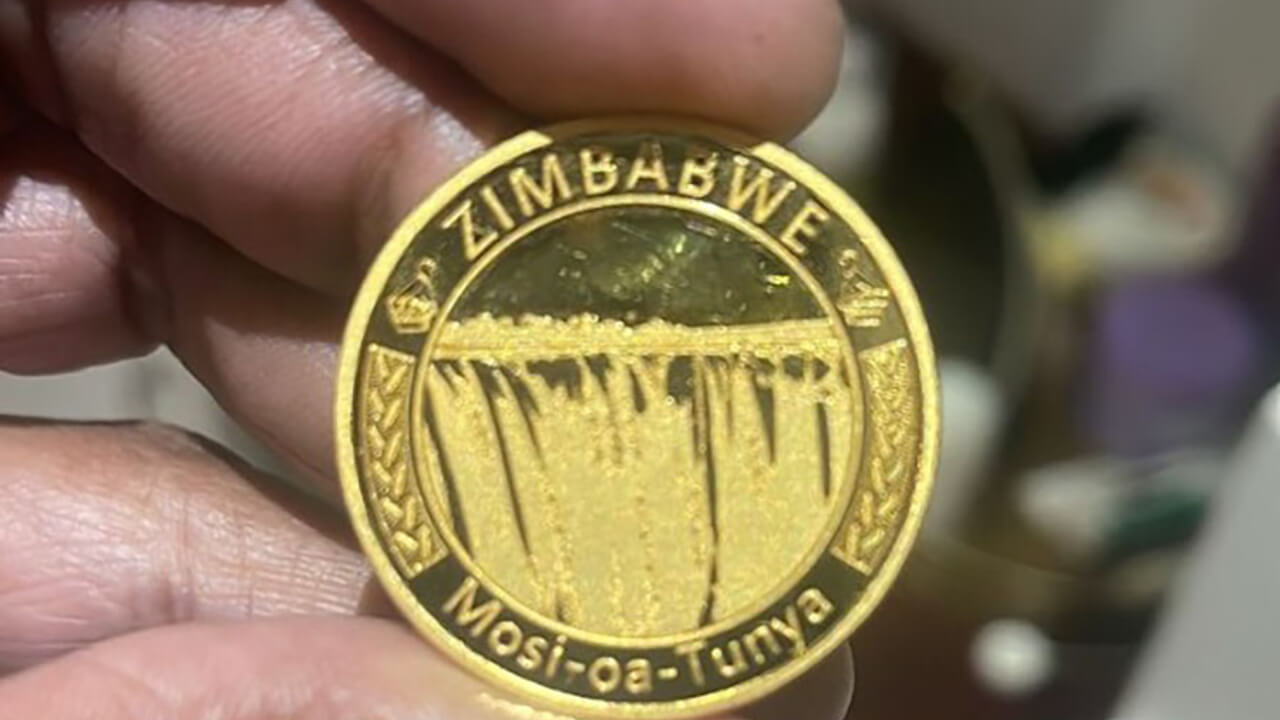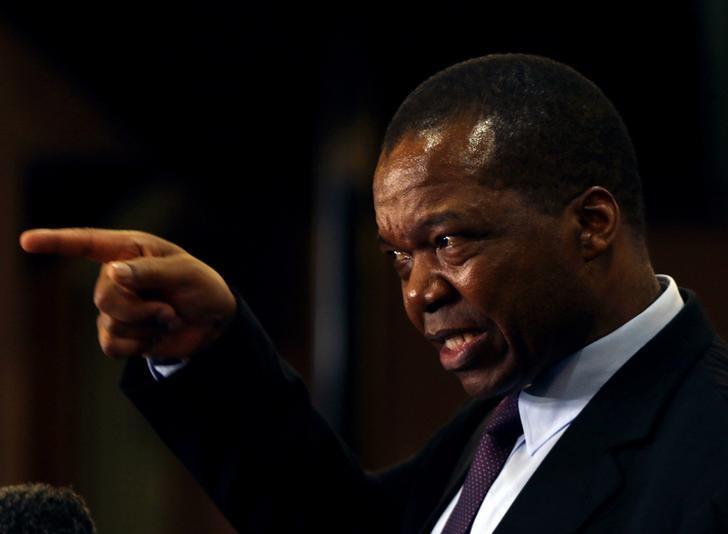Monetary policy expected to shed light on currency board framework
THE eagerly awaited Monetary Policy Statement (MPS) from the outgoing Reserve Bank of Zimbabwe (RBZ) Governor Dr John Mangudya is expected to shed more light on the proposed currency board framework, and further announce policies geared at stabilising the exchange rate.
The Government has been working around the clock to bring economic stability by introducing different economic interventions, which has seen the local currency stabilising in the short term.
However, speculators continue to find loopholes and this has seen the value of the local currency depreciating since the beginning of the festive season last year.
Recently, Finance, Economic Development and Investment Promotion Minister, Professor Mthuli Ncube, attributed the depreciation of the local currency against major currencies to speculative activity and a shortage of hard currency in the market.
He noted that the 2024 MPS will provide clarity on exchange rate challenges, in particular, addressing challenges posed by the 10 percent exchange rate trading margin that businesses must adhere to in their pricing.
While the country continues to witness green shoots of the recovery in the economy, experts are saying, the issue of pricing and income stability can only be addressed through tackling multiple exchange rates, which have led to distortions and informalisation of the currency market.
Ahead of the MPS announcement, whose date has not been made public, economists and industrialists have tabled their expectations saying that the only way forward to stabilise the economy is through Government intervention where frameworks and currency reforms are needed.
Monetary policy is a set of actions to control a nation’s overall money supply and achieve economic growth.
An economist, Mr George Nhepera, said they are looking forward to the monetary policy to give guidance on imminent currency reforms meant to stabilise the exchange rate.
“The Minister of Finance, Economic Development and Investment Promotion once indicated that the country may be considering an adoption of a currency board framework, which in my view has worked well in many countries in the world.
“If implemented well, this innovative currency exchange rate framework, with market confidence and buy-in has the capacity to restore price stability and improve economic growth, which we as a country desperately need at the moment,” he said.
Economic experts, say a single formal reference foreign currency rate will ensure that the country attracts foreign direct investment, long term financing and ultimately improve social indicators to support a stable consumer class for business growth.
According to experts, under a currency board, the management of the exchange rate and money supply is given to a monetary authority that makes decisions about the valuation of a nation’s currency.
Often, this monetary authority has direct instructions to back all units of domestic currency in circulation with foreign currency.
Economist Dr Prosper Chitambara, said to a greater extent, the exchange rate should be reflective of market dynamic forces of demand and supply.
“We need to make sure that to a greater extent the exchange rate is fully reflective of market dynamic forces of demand and supply.
This also is in line with an observation by the International Monetary Fund in their Article four consultations, so we need to make sure that the market forces determine to a much greater extent the exchange rate.
“On the local currency, he noted that there is an expectation of a possible pronouncement on the way forward as there are various options that have been thrown around.
“One such option is to link local currency to an asset (an asset-backed currency) and another option is the currency board, which effectively is an exchange rate system where the local currency is fixed to an anchor currency.
“I think what’s important, is to make sure there is discipline because currency stability and sustainability is a function, or fiscal and monetary discipline and fiscal discipline is very important and confidence but again confidence is affected by issues of discipline.
“So, we need to make sure that the Government commits to fiscal and monetary discipline and can sustain that because that then helps to build confidence. Once there is confidence then it’s easier for the currency to attain stability and sustainability,” said Dr Chitambara.
In a joint response, Lupane State University (LSU) Business Clinic economist Ms Pretty Nyathi and LSU Dean of the Faculty of Commerce Dr Sibongile Manzini, said the RBZ should implement measures to prevent excessive exchange rate volatility which continues to negatively affect business operations.
They noted that while ensuring exchange rate stability, the Central Bank should guarantee businesses engaged in international trade to facilitate imports of raw materials that are not locally available, proffer open lines of credit to exporting firms, and provide support for retooling and new equipment.
“There is a need to build market confidence or market thrust to lure more investors and reduce import appetite.
“Currently, the Balance of Payments is increasing on the negative, which is not a good reflection in pushing the economic growth agenda. The Central Bank must adopt measures that will restore the confidence of most economic agents and ordinary consumers on the street in the local currency,” they said.
“During their recent visit, members of the International Monetary Fund (IMF) emphasised the removal of market distortions and proposed a market-oriented exchange rate to stabilize the currency and instil stability.”
They said the Central Bank could consider linking the exchange rate to assets like gold for value preservation, although this has its inherent weakness in the international market.
“Monetary Policy instruments like bank rates, open market operations, reserve requirements ratio, and selective credit controls need to be effectively operationalised in addressing macroeconomic fundamentals. Hopefully, the structural currency that the Central Bank is working on will come on board in due course to restore market confidence,” said Dr Manzini.
They also said RBZ through the Monetary Policy should come up with fundamentals that can control money supply in the market in a bid to reduce inflation and stabilise prices of basic goods.-chronicle











